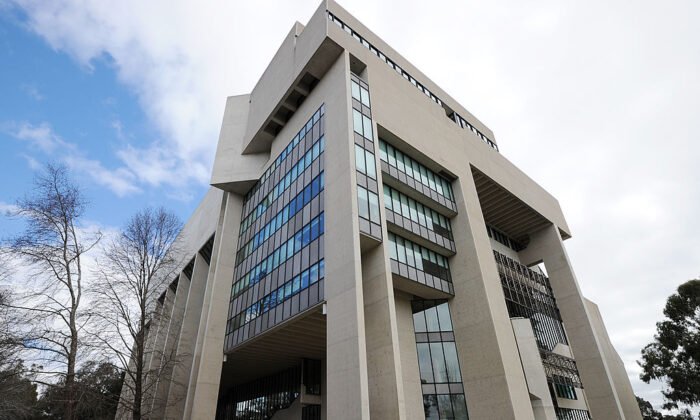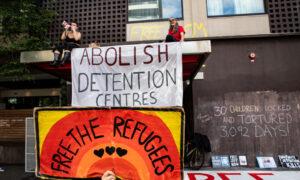The Significance of the High Court’s Decision Explained
The High Court of Australia has made a significant ruling that maintains the detention of 200 immigration detainees.
The government has secured a crucial win in the High Court, preventing the potential release of up to 200 more immigration detainees.
The case was initiated by a detainee known as ASF17, an Iranian citizen, who sought his release from detention based on his fear of harm in Iran due to his bisexuality.
ASF17 has been in immigration detention in Australia for nearly ten years after his protection visa application was rejected. His claim of potential persecution has never been evaluated by the Home Affairs Department.
Iran is among a few countries that refuse to accept the forced return of their citizens, and ASF17 has chosen not to participate in the administrative processes that may facilitate his deportation by the government.
This surpasses the number of detainees released after the 2023 decision that indefinite detention was illegal, in which the Court found applicable when there was no real prospect of a person’s deportation becoming feasible in the foreseeable future.
The Court’s Decision
In its ruling on May 10, the Court had to determine whether indefinite detention was unlawful when a person was unwilling to cooperate with their deportation process due to fear of harm in their home country.
The High Court concluded that it was lawful, and ASF17 should continue to be detained. It noted that he could be deported to Iran if he cooperated in the process of obtaining travel documents from the Iranian authorities, which he declined to do.
Therefore, the Court found that his detention was legal because there was still a real possibility of his removal from Australia – provided he changed his stance at some point in the future.
It did clarify, however, that the outcome would be different if a person was unable to cooperate, such as due to mental incapacity or psychiatric illness.
This is the situation of another Iranian detainee, AZC20, who suffered severe psychological harm from being in immigration detention for over a decade.
In a separate ruling, Justice Edelman explicitly stated that there was no real prospect of deporting a person who lacked the capacity to cooperate. Hence, individuals like AZC20 cannot be legally detained in immigration detention.
Criticism from Human Rights Law Centre
The Human Rights Law Centre criticized the Court’s decision, stating that ASF17, “a man who has already been subjected to close to a decade in immigration detention, now faces a choice between indefinite detention in Australia or risking persecution in Iran. That is a choice that no person should have to make.
“The decision highlights the shortcomings of Australia’s refugee assessment processes, which have deprived ASF17 of any meaningful chance to have his risk of harm due to his sexuality acknowledged,” the Centre expressed.
“There are various and complex reasons why a person may not—or cannot—consent to their deportation: fear of harm in their country of citizenship and medical incapacity are directly raised in ASF17.
“The Albanese government must now genuinely address the circumstances of each person who remains in immigration detention and, at the very least, promptly release those who are incapable of cooperating with their removal.”




